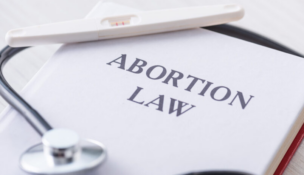McCain sharpens attack on Romney in New Hampshire
Arizona Capitol Reports Staff//October 26, 2007//[read_meter]
McCain sharpens attack on Romney in New Hampshire
Arizona Capitol Reports Staff//October 26, 2007//[read_meter]
As his own chances at the presidency look weaker than they once were, Arizona Sen. John McCain is playing a new role, sharpening his critiques on other presidential front-runners.And while...
No tags for this post.

















